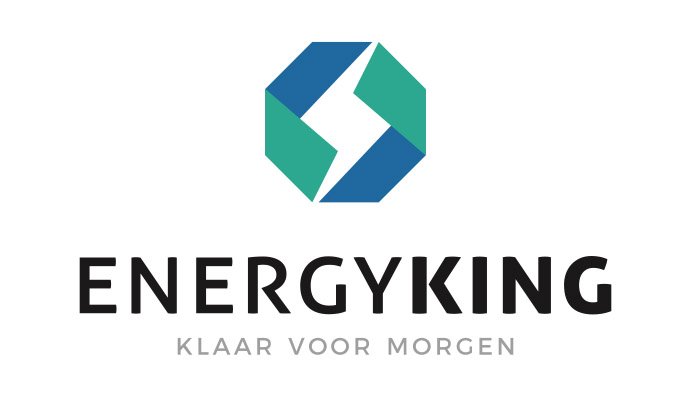
The growing popularity of solar energy has led to an increase in solar panel installations. Solar energy is a sustainable and environmentally friendly source of electricity, but it can also present challenges. For example, there can be an over-injection of energy. A common problem, experienced by homeowners and businesses, is that their inverters fail. In this blog, we will explore and prevent the reasons behind this phenomenon.
What is an inverter and what role do they have in solar power systems?
Before we can address the reasons for inverter failure, it is essential to understand what inverters are and what role they play. Inverters are electronic devices that convert direct current (DC) generated by solar panels into alternating current (AC) suitable for use in household appliances and the power grid.
The problem of excessive energy injections
One of the main causes of inverter failure is the excessive injection of energy into the power grid. This problem often occurs when the solar panels produce more energy than the household is currently consuming. The excess energy is fed back into the power grid, a process called grid injection.
1. Overloading the inverter
Inverters have a certain power range in which they can operate efficiently. When the excess power generated exceeds the maximum capacity of the inverter, it can lead to overloading. An overloaded inverter will not deliver its optimal performance and may eventually fail completely.
To better understand this, we need to look at the inverter's specifications. For example, if an inverter is rated at 5000 watts, it can operate stably within that power range. However, if at any time the solar panels produce more than 5000 watts of energy, the inverter will not be able to convert all this energy and and will shut itself down to prevent damage.
2. Voltage fluctuations
Excessive injection of energy into the power grid can cause voltage fluctuations. These fluctuations occur because the power grid is not designed to receive large amounts of unpredictable energy injections.
When solar panels produce more energy than a household, the excess electricity is returned to the grid. If this injection is uncontrolled and unplanned, it can lead to irregularities in the voltage of the grid. This can be dangerous to sensitive equipment and other connected electronics. Because of this, power grids have built in control mechanisms to keep the voltage stable. Although in some cases, uncontrolled injections can still damage an inverter.




